Welcome to the 2020 Christmas Campaign, A LIAS Christmas Carol. As we look back over 100 years as a University, and with it the change and growth of interdisciplinary research, Director of LIAS, Professor Lisa Smith, and Chair of the LIAS Advisory Board, Professor Rick Rylance, offer their reflections…
A LIAS Christmas Carol: Director’s Welcome – YouTube
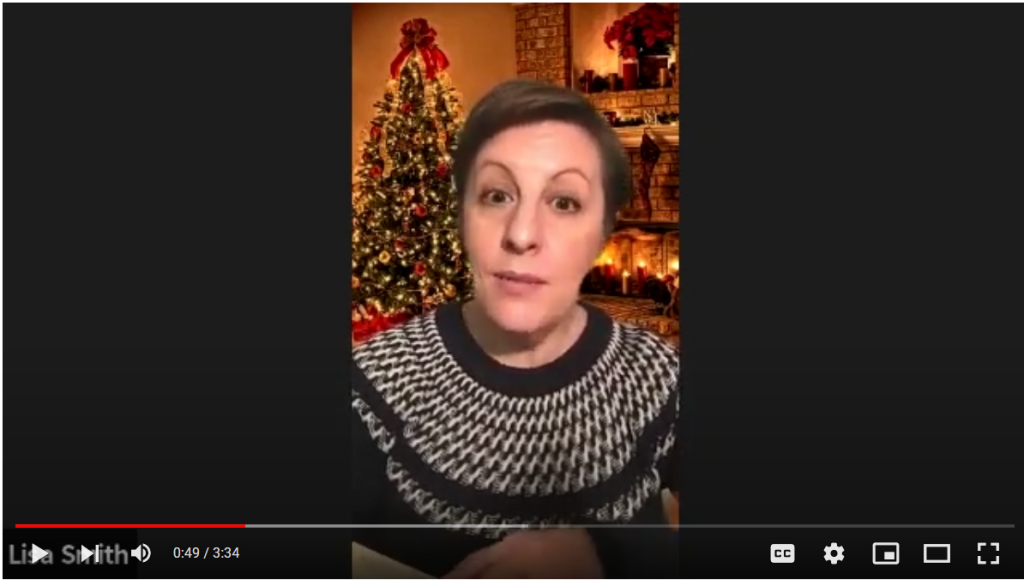
Director of LIAS Professor Lisa Smith welcomes A LIAS Christmas Carol
Ho Ho Ho!
A message from Professor Rick Rylance, Chair of LIAS Advisory Board
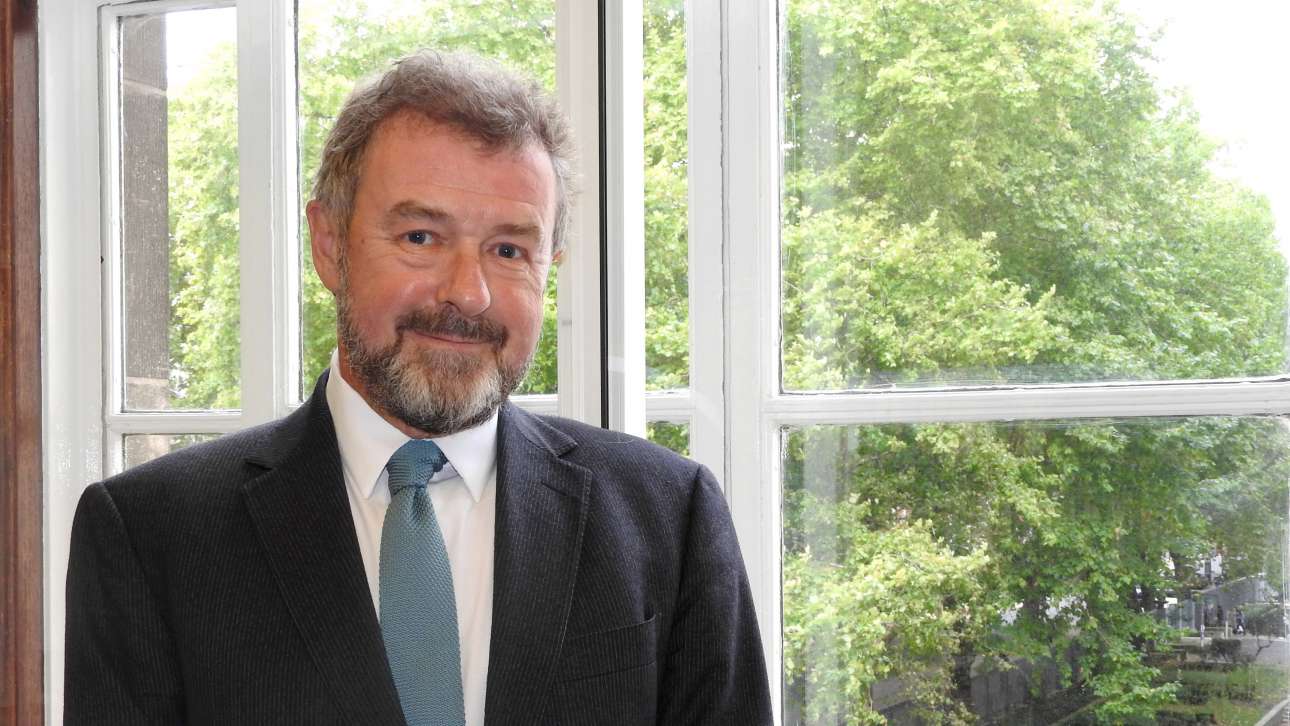
I like the LIAS tradition of Christmas-themed messages and, as I’ve always loved pantomimes, my first thought was to write as if I were chairing one. But which is most LIAS appropriate? Beauty and the Beast? Cinderella?
Then there’s role allocation. Who might be Principal Boy? The Genie in Aladdin? The Beast? I guess I might be the Dame, but Buttons? And competition is fierce. No one can compete with this year’s Downing Street spectacle of a certain advisor leaving with a villainous panto scowl and his unwrapped toys in a box.
Farce and shambles are never far away from pantos and on reflection it’s not right for LIAS, for whose three-year progress I have every admiration. My first board meeting was in temporary premises, and now there is excellent, dedicated space. Staffing too is established and functioning well and it is a seasonal moment to congratulate Lisa Smith and Di Levine especially. Their energy, intelligence and imagination have done so much to give LIAS its distinctive character and direction. May tinsel crown your brows.
The work too has advanced and successfully integrated within the university’s overall approach to research. It has backing from the top, buy-in from colleges and is thoughtfully planned. The development of projects is a good mix of stimulated and emerging projects carefully nurtured with a welcome emphasis on sustainability and playing to strengths. There is a refreshing group of fellows and visitors and excellent communications.
Over recent years, the academic Santa Claus has been delivering institutes of advanced study around the world. It is a rare week when I don’t receive a nicely presented brochure announcing a new one, or topical action by an existing one, or a glossy annual review that fundraisers like to call a boast-sheet. In North America they are often funded by substantial private donation. In the UK, rations are more likely to be those of Tiny Tim Cratchit buoyed up by jollity and zeal. Jolly is good, and commitment essential, but creating an establishment is key to resilience and future success. After three years, LIAS has its platform for happy Christmases to come.
Chapter One
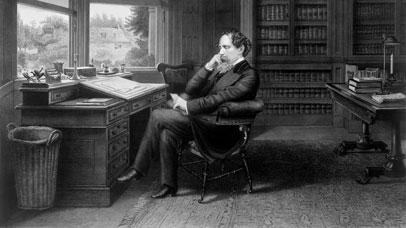
Looking back to where it all originated, we re-live many LIAS firsts through the inaugural Fellowship Scheme; the first Open Access Working Paper, the first Dialogues@LIAS youtube interview, and the first Fellow alumni. With 24 Fellows from 18 Countries, the Fellowship scheme has grown as a core part of LIAS activity. Awarded to high-calibre academics both across the UK and around the globe, the Fellowship offers an opportunity to build meaningful collaborations with University of Leicester colleagues, and a platform for research outcomes and outputs to come to fruition. Over the past four cohorts, we have seen the delivery of diversely transformative research addressing truly global challenges of our time. The partnership with our Fellows last beyond the duration of the scheme itself, as our Fellow alumni become extensions of the LIAS team. As this week focusses on looking back to where it all began, we asked our first awarded Fellows for reflections on their interdisciplinary journey.
I am prepared to bear you company, and do it with a thankful heart.
A Christmas Carol, Charles Dickens

“I first came to Leicester in February 2018 for a two-day splint on ‘ Alternative Rites of Passage to address FGM in Kenya’. Though extremely cold for me; I fell in love with the scenic Victoria Park and vowed to return. And sure enough, I was there for the much lovely weather of May. I became a “colleague” at LIAS, and amidst all the homesick, I still came back in summer 2019. Leicester was intriguing. Like a spider’s web, I got new contacts, from Africa to China, to India to the Caribbean; and yes, across Europe and the United kingdom. The exposure I received through the numerous formal and informal discussions, the Thursday Fellows’ Lunch, the modelling of theoretical concepts etc. served to widen my horizon in both academic and social discourse. The outcome of the LIAS Fellowship in the article entitled: Eradicating Female Genital Mutilation (FGM) in Kenya: Lessons Learnt from Gikuyu Women Change Stories appearing in the African Journal of Gender and Women Studies (ISSN 2516-9831 Vol. 4 (10), pp. 001-013, October, 2019; also at www.internationalscholarsjournals.org © International Scholars Journals) attests to my statement. I am indebted to Leicester for all the networks”.
Professor Grace Ngare; Fellow Alumnus (Kenyatta University, Kenya)
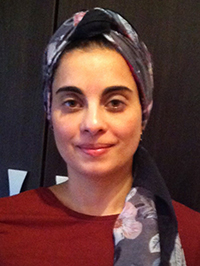
“Working in social and community development, towards social change requires negotiation, collaboration, adaptability and the ability to sometimes wear more than one hat. As a community psychologist, this has always informed my approach to my practice and increasingly I am learning the value of this in academia. The connections I made, as a Fellow at LIAS has been instrumental in enabling a more cross-disciplinary focus to my research work. What I truly appreciate about my time at LIAS and my continued work with Dr. Di Levine, is this concerted focus on drawing on different perspectives and learning from each other. I’ve been so fortunate to benefit from the experiences of colleagues working in History, Criminology, Geography, Arts, Anthropology and Law (to mention just a few).
The value of this is most visible in the outcomes and potential for social shifts. For example, currently I am part of a Community of practice research project, lead by Prof. Leila Patel at the Centre for Social Development in Africa (University of Johannesburg). This project brings together academics and practitioners from health, psychology, social work and education, working together to understand and support learners and families from under-resourced contexts, entering the schooling system, to ensure better outcomes for these learners. I also see the impact of interdisciplinary practice, in my work at a residential shelter, where youth benefit from their engagement in traditional psychology, social work, education, drama and entrepreneurship.
Wishing everyone at LIAS, every Fellow I met and all other colleagues I’ve been privileged to get to know through LIAS, a wonderful holiday. It’s been a fulfilling two years of collaboration and growth. Thank you!
Dr Sadiyya Haffejee; Fellow Alumnus (University of Johannesburg, South Africa)
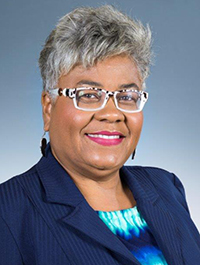
“The LIAS fellowship with its opportunities for interdisciplinary dialogue crystallised my research interests, reflecting and refracting the topic through multiple and diverse lens. This fellowship has surely enriched both the research process and its outcome.”
Professor Paula Morgan; Fellow Alumnus (University of the West Indies, Saint Augustine, Trinidad and Tobago)
Chapter Two

One of the most rewarding aspects of working in LIAS is seeing the progression of research projects. Funding offers Tiger Teams and Networks the opportunity to realise and evolve objectives, and we have been delighted to see the growth of many LIAiSon workshops into Tiger Teams; some Tiger Teams into Networks; and a Network into a University Research Centre. This illustrates established Leicester research strengths, and the potential interdisciplinary research has when collaborators come together to address challenges. Out of many examples to chose from, featured below are selected spotlights on projects which evolved considerably.
I wear the chain I forged in life,” replied the Ghost. “I made it link by link, and yard by yard; I girded it on of my own free will, and of my own free will I wore it
A CHRISTMAS CAROL, CHARLES DICKENS
Anthropocene
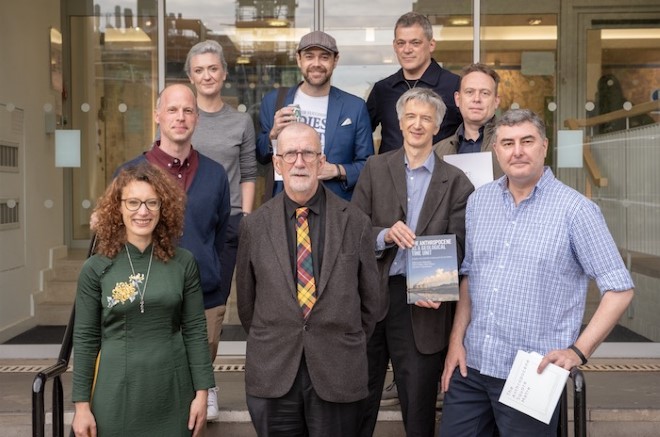
Photo credit: osbornehollis.co.uk
Our colleagues at Leicester are leaders of research in the Anthropocene. Established as a Geological epoch by which humans have a drastic and unprecedented effect on the Earth, this Tiger Team was awarded to bring together pioneering academics in Geology, Design, and Business to explore and expand current knowledge. Leads of the initial Tiger Team include; Prof. Mark Williams, Prof Jan Zalasiewicz and Dr Marta Gasparin.
In 2019 we were privileged to host Professor Bruno Latour for the inaugural Latour Lecture. Professor Latour gave his keynote; The World of Business on an Anthropocene Earth. Watch the lecture.
DEPAC and Maternal Health
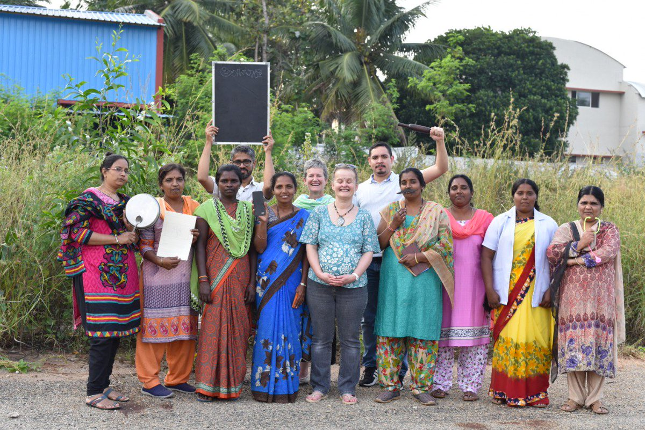
Maternity occupies a high profile, high stake position nationally and internationally. The Tiger Team DEPAC (‘Digital Enablement, Promise And uncertainty in maternity Care’) aimed to critically engage with and provide new interdisciplinary insights into the mediation of digitised diagnosis in maternity care.
The interdisciplinary team (Dr Nicola Mackintosh, Dr Qian (Sarah) Gong, Dr Nervo Verdezoto and Dr Michelle Hadjiconstantinou) undertook a narrative synthesis of the sociological, medical and communication literature to understand how women mediate diagnostic work with self-monitoring digital technologies for potential life threatening pregnancy related complications.
They have presented findings from their narrative synthesis at conferences, and has also secured follow-on funding for research into maternal and child health, which has led to further collaboration and research projects with UKRI India and South Africa and Sands funding for ‘Red flags and symptom checkers for self diagnosis in maternity care’.
LeMID

‘Leicester Microbial Sciences and Infectious Diseases’ evolved considerably in its duration at LIAS. Originally awarded as a Network, it later became a Centre at the University of Leicester. Led by Directors Professor Marco Oggioni and Professor Julie Morrissey, the centre encompasses a highly active interdisciplinary cross-University research team in association with UHL NHS trust. Its nomination for 2019 Discovering Excellence ‘Research Team of the Year’ exemplifies this.
“It is always exciting to see the trajectory of research come into play, and it is rewarding when researchers working on incredibly important challenges are successful in securing funding to grow and expand. From exploring pathways in the Network to becoming a Centre, LeMID have established some of Leicester’s research strengths, and LIAS are proud to be a part of that.” Prof Lisa Smith.
Virtual Vauxhall
The Virtual Vauxhall Gardens project was a collaboration between MBD Ltd, LIAS Tiger Team and the consultants David Coke and Lars Tharp. The project brought together significantly disparate disciplines, including history, technology, design. The virtual reality programme enables users to experience the history Vauxhall Gardens through multi-sensory virtual reality, bringing the past to life with cutting-edge technology.
The project was led by Andrew Hugill, Professor of Creative Computing, and won ‘Research Team of the Year’ in the 2019 ‘Discovering Excellence’ awards ceremony. For more images, more information about the team and details on how the project works, visit the site and watch the video below to have an idea as to how Virtual Vauxhall works, as it walks you through a moment in history.
A Virtual walk through Vauxhall Gardens – YouTube
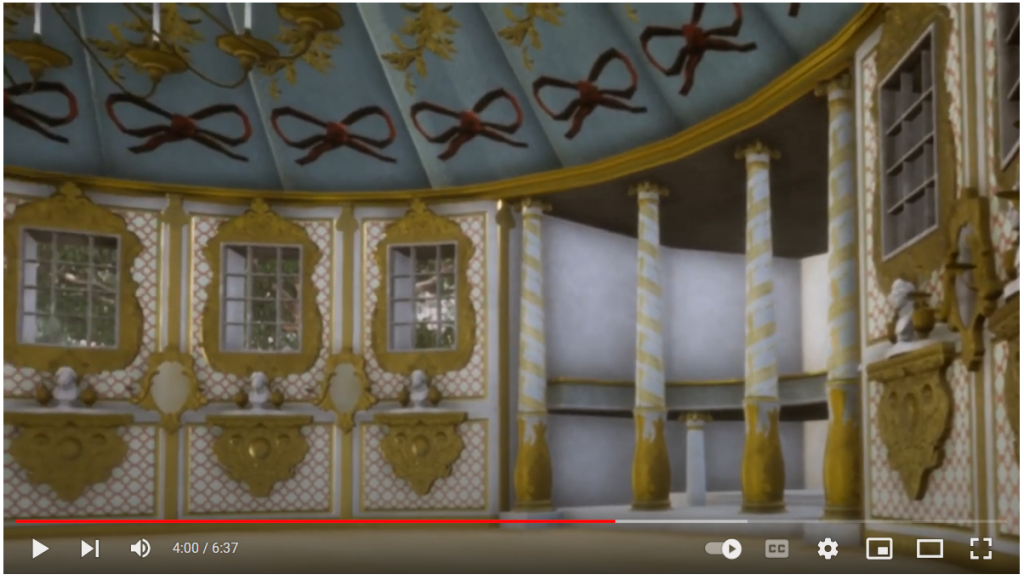
Chapter Three
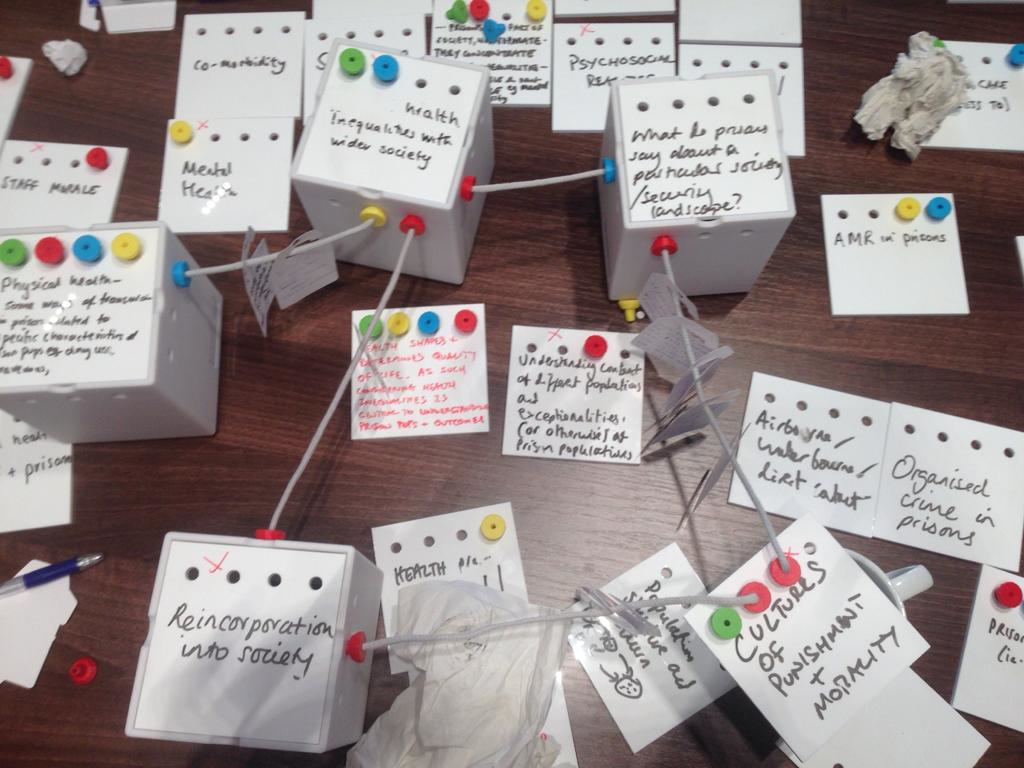
We are very fortunate in LIAS to work with a number of external critical friends who offer their expertise in interdisciplinary research. Notably, we have our LIAS Advisory Board, Dr Laura Meagher, and Sean Callaghan (amongst many others) who offer invaluable support to our programmes of activity.
Over the years, we have been able to utilise the CoNavigator tool to facilitate sessions across the University. These have been implemented to address a variety of themes, including research project exploration, REF environment statements, and to provide alternative excellent teaching experiences.
As well as running sessions across the University’s three Colleges, we have also been able to use them with international projects in South Africa, and across the UK.
This year we have all been faced with challenges in how to continue activity which is dynamic and interactive virtually. LIAS has chosen the ethos ‘digital does not mean disengaged’, and as such as have benefitted from a number of working group sessions with our colleagues in the University of Copenhagen, and with our wider critical friends, to develop ways in which we can sustain engaging virtual activity and facilitate interdisciplinary sessions.
Follow the campaign through to the ‘ghosts of interdisciplinary present’ and ‘ghosts of interdisciplinary future’ to see the new activity we have been running this year, and the advances we will be implementing with newly awarded projects in 2021.
